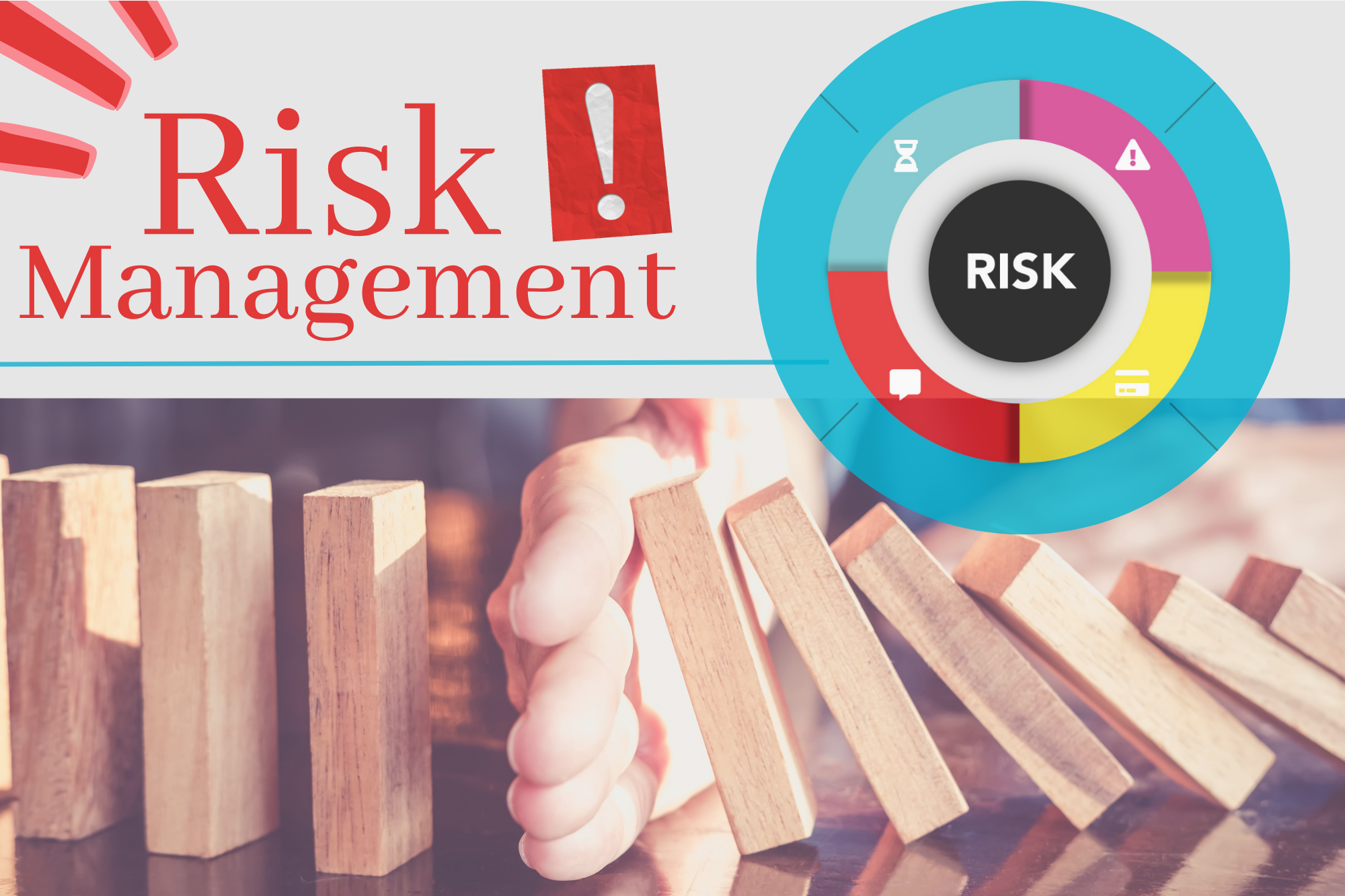Who are fraud managers?
Fraud managers prevent, detect, and investigate fraudulent activities within an organization. They work to identify potential fraud risks and develop strategies to mitigate them. Monitoring financial transactions, investigating discrepancies, and analyzing data to detect fraud are some of the other key responsibilities of managers. They may also be responsible for developing and implementing fraud prevention policies, procedures, and systems.
What are they supposed to do?
Fraud managers are crucial in any organization as they protect the company from potential fraudulent activity. The roles and responsibilities of a fraud manager are-
- Monitor and investigate a potential fraud case.
- Analyze financial data to identify suspicious activity.
- Develop and implement fraud prevention strategies.
- Establish and maintain relationships with law enforcement and other agencies.
- Prepare reports and present findings to senior management.
- Monitor and update fraud policies and procedures.
- Train staff on fraud detection and prevention
- Analyze customer data to identify trends in fraud.
- Monitor and review fraud alerts and suspicious activity.
- Investigate and resolve customer complaints related to fraud.
How should you begin a career in Fraud management?
The first step to becoming a fraud manager is to understand the types of fraud. It includes researching fraud and the methods used to detect and prevent them. Plus, it is vital to understand the legal implications of fraud and the regulations and laws that govern it. Understanding the different types of fraud and the legal implications can help you develop effective strategies for detecting and preventing fraud.
Once you have a good understanding of fraud, the next step is to gain experience in the field. You can take courses in fraud prevention or work in a related field, such as accounting or auditing. Notably, CFE (Certified Fraud Examiner) credential is widely accepted and highly recognized in this field.
Certified Fraud Examiner (CFE)
The Certified Fraud Examiner (CFE) credential is a professional certification awarded by the Association of Certified Fraud Examiners (ACFE). The CFE credential prepares individuals for a career in fraud examination and money laundering investigation. This credential requires the completion of an ACFE-administered exam and demonstrates that its holder has achieved a high level of expertise in fraud prevention, detection, deterrence, and investigation. Becoming a CFE also involves the following:
- Obtaining professional experience related to fraud examination.
- Meeting the ACFE’s ethical standards.
- Agreeing to abide by the ACFE’s Code of Professional Ethics.
Requirements for Becoming a CFE
To become a Certified Fraud Examiner (CFE), you must meet the following requirements:
- Have a minimum of a bachelor’s degree from an accredited college or university in any field.
- Have two years of professional experience in fraud-related activities such as internal audits, forensic accounting, and investigations.
- Successfully pass the CFE Exam administered by the Association of Certified Fraud Examiners (ACFE).
- Be sponsored by two current ACFE members who have held their certification for at least one year.
- Abide by the ACFE Code of Professional Ethics and the Guidelines and Standards for Practice.
- Complete 40 hours of CPE every two years to maintain certification status.
For more details regarding the requirements to apply for the examination, check the ACFE website.
Preparing for the CFE exam
Preparing for this exam involves studying a comprehensive body of knowledge that covers topics such as
- Fraud theory and detection
- Financial transactions and statement analysis,
- Investigative techniques,
- Legal elements of fraud, criminology, and
- Professional standards.
Furthermore, individuals can find study aids and practice exams to prepare for the exam. Materials such as books written by authors with expertise in the subject matter are available on Amazon or from other booksellers. Many professional organizations also provide study guides or practice exams to help individuals prepare for their tests.
Ultimately, learning from experienced practitioners and taking advantage of materials such as books and practice exams will increase chances for success on the exam.
Tips to guide your career as a fraud manager:
It would help if you were highly organized and vigilant to identify potential fraud issues and initiate effective plans for prevention and detection. The following tips can help guide your career as a fraud manager:
Stay up-to-date on Fraud Trends
Fraud is dynamic and constantly evolving, so you must stay up-to-date on the latest fraud trends to protect your organization from threats. Attend industry conferences, read relevant publications, and take part in online forums to gain insights into how new fraud methods can be detected or addressed once they occur.
Develop Effective Strategies
As a fraud manager, you should develop strategies that help mitigate the risks associated with fraudulent activity. Ensure that all policies and procedures are up-to-date and review them regularly to ensure the necessary controls are in place to prevent and detect fraud.
Equip Yourself With Tools
Invest in various tools that can help detect potential instances of fraudulent activity, such as data analytics software, anti-fraud software, or even biometric authentication systems. Implementing these tools can go a long way toward ensuring that fraudulent activity is detected before it causes significant damage to your business or reputation.
Create an Internal Culture Around Fraud Prevention
Create an internal culture around fraud prevention by educating employees about common scams and providing resources for reporting suspicious activities or transactions. Ensure that everyone understands their role in helping prevent fraud by setting clear expectations regarding their responsibilities when handling sensitive financial information or customer data.
By following these tips, you can position yourself as a successful fraud manager who maintains an effective system of protection against fraudulent activities within the organization while also minimizing its financial losses due to such occurrences.



